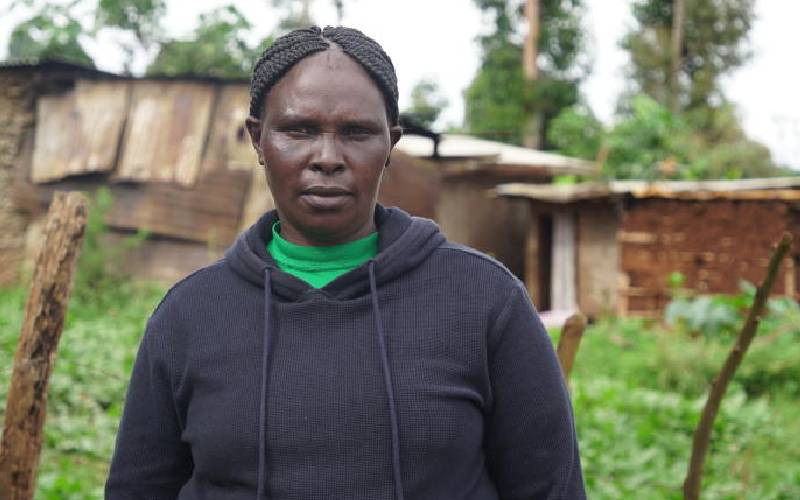×
The Standard e-Paper
Stay Informed, Even Offline

The scars of the disrupted elections in 2007-2008 and 2017 run deep, leaving communities shattered and lives irreversibly altered.
Mildred Sabina, Rose Chemos and Jael Abukhutsa, from Chepkurkur village in Mount Elgon and Vihiga County, bore witness to the horrific aftermath of mass murder, rape, and defilement.